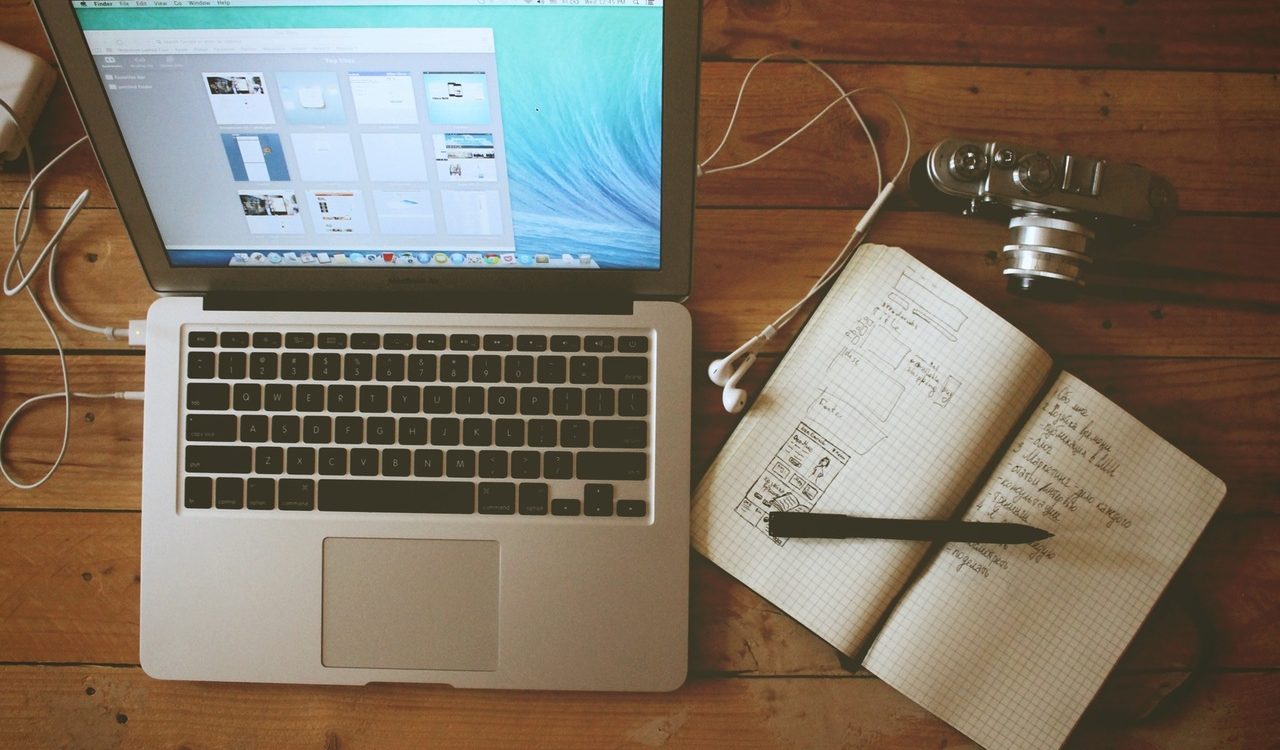
With more and more people choosing to work from home, a big question for workers and employers alike is how to be the most productive as possible when working away from the office. Here are 10 tips we’ve collected that we think will definitely help you be your best and bring your best to the job when you’re working from home.
- Get Dressed (and all the rest too)
Your entire home is engineered to provide maximum comfort and relaxation, which is great for downtime but not so good for work time. Your body associates pajamas and daytime TV with lazy weekend mornings. If you want to be productive, you’ll need to flip the switch into work mode. The best bet is to make some coffee or tea, take a shower, and get dressed in clothes that could at least pass as work-casual. Kickstart your body into thinking it’s work time, not sleep time. Hubspot
- Work in a dedicated work space
The ONE Thing that will make the biggest impact on productivity is your workspace. If it’s full of distractions staying productive is going to be an uphill battle. The same holds true at a traditional office. To avoid distractions, pick a spot in your home that’s as far from the everyday action as possible. That means avoiding areas around the kitchen or living room where other people congregate. Preferably, the space will have a door you can close and remove yourself from the day-to-day home-life bustle. Next, remove anything that could be a distractor – TVs, video games, pets, and books all fall into this category. Finally, create a ‘Work in Progress’ sign. It should be clear to others in the house that you are working and should not be bothered. The ONE Thing
- Set boundaries with your family
[Y]ou need to communicate clearly what you are working on and why you shouldn’t be interrupted when you work. When you set the expectations right, no-one shouldn’t have difficulties of respecting your working times, since it’s possibly bringing money into your household. To make things even more transparent, have a family calendar, where you mark, for example, your travelling days. This is an easy, yet simple way to keep everyone posted on what is going on and when you are away from home. Lifehack
- Set a time limit for your work
Here’s what you can do though: make a distinct boundary (either physically, or mentally) between your workspace and personal enjoyment space. Whether that be formed around allocating specific time slots in your day to working hours or even keeping any distractions out of arm’s length—either thing should help. Shopify
- Write your schedule down to stick to it
One of the best ways to stick to your schedule is to write it down. If you keep everything in your head and try to remember what you are supposed to be doing, then you will undoubtedly forget something. Especially if you are juggling lots of different tasks, it is easy for something to be missed. You wouldn’t want it to be an important meeting or deadline. Career Girl Daily
- Respond to social media and other notifications after you’re done
No TV. No news. No web surfing. No books about current events. No talking to people about current events. No conferences about what’s going on in the world. I don’t need to fight or flight in order to improve competence, improve relationships with people, or improve my freedom TechCrunch
- Set rewards when you accomplish specific goals
One of the perks of working from home is that you can do whatever you want, whenever you want, but the whole point of this article is to show how you have to balance it with actual productivity and discipline. Do two hours of solid work and then watch an episode of something. Get that one important project finished and play some PS4 for a little while. Turn these distractions into rewards, and then have the willpower to use them in moderation. [M]icro-rewards will go a long way to both making you feel accomplished, and giving you a brief respite to boot. Forbes
- Take breaks.
It may seem counterintuitive to take breaks in order to be more productive, but research has shown that the most productive workers focus for 52 minutes, then disengage for 17 minutes. These rest periods help the mind come back refreshed and better prepared to see new angles on challenges. Inc.
- Separate your professional work from your house work.
It’s amazing what lengths you might find yourself going to in an attempt to avoid starting your next project. That’s where things like housework can become a big, problematic distraction—it’s easy to look around you and feel the need to jump back into “home” mode. You may not be able to resist this completely, but you can use it to your advantage—keep reading below to see what I mean. Genesis HR Solutions
- Be comfortable but not too comfortable
Know your limits and tendencies, and work them into your optimal work environment. I’ve found that a good rule of thumb for me is to be comfortable in some ways (clothes, temperature, coffee at hand, etc.) but not in others (sitting up or standing up rather than lying down, not having food near the desk, etc.). Lifehack
